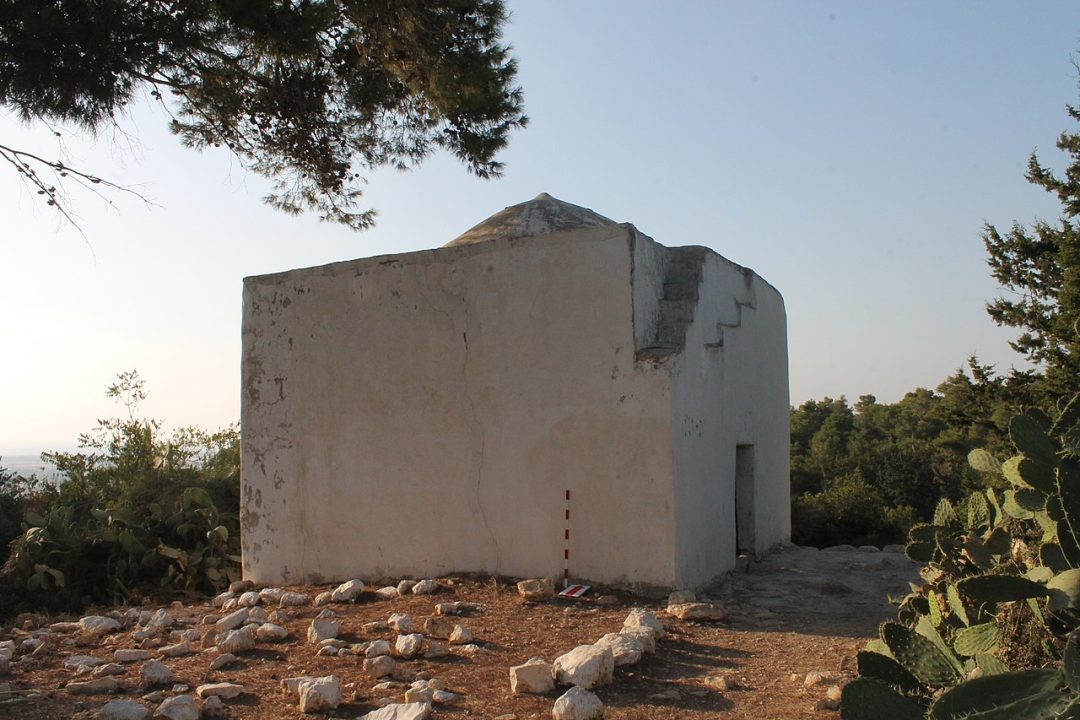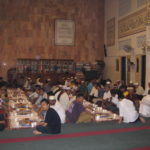Many Muslims, both new Muslims and those who grew up with Islam, take the words in the shahada for granted or simply don’t take the time to truly grasp the meaning of the words in the shahada. First, let’s look at the shahada itself. The complete shahada states that:
“Ashadu anla ilaha illa lah wa ashadu anna Muhammadan rasoolulah.”
(I bear witness that there is none worthy of worship except Allah and I bear witness that Muhammad is his servant and messenger.)
According to the scholars of Islam, they stress that the shahada is the key to Paradise known as “muftah ul Jennah”. However not just any key will do. For example, will just any key unlock your house? No. It has to have the right ridges. So if the shahada is the key, you need to be sure you have the correct ridges to be able to use it to enter paradise. A part of this includes having a full understanding of exactly what you are testifying too as well as your actions as a Muslim.
Knowledge
The shahada is a testimony. As previously stated anyone who testifies to anything needs to understand fully what they are testifying to. Otherwise, the words recited are meaningless and empty.
 According to the Quran, Surat Muhammad 47:19 it states, “Know, therefore, that there is no god but Allah, and ask forgiveness for thy fault and for the men and women who believe: for Allah knows how ye move about and how ye dwell in your homes.”
According to the Quran, Surat Muhammad 47:19 it states, “Know, therefore, that there is no god but Allah, and ask forgiveness for thy fault and for the men and women who believe: for Allah knows how ye move about and how ye dwell in your homes.”
To break this verse down, it first makes it clear that there is only one god, not three gods nor are there many gods; there is only one god who is worthy of worship. Next, you should ask for forgiveness because although you are about to be born into a wonderful new life with a newfound devotion to Allah, it is always good to ask Allah for the forgiveness of past sins.
The last part of this verse refers to the fact that Allah knows our every action and our innermost heart. Words are just meaningless unless you have the intent to back them up. Sometimes the intent isn’t enough, it makes backing up your intent with appropriate actions.
Certainty
Any kind of doubt in Islam is the same as having disbelief. So before you decide to recite the shahada, you need to have absolutely no doubt in your heart that you fully believe in the words expressed in the shahada. Many scholars in Islam agree that doubt and suspicion is the most dangerous threat to a person’s faith. For example, desire and lust can be satisfied at any given moment but if the person knows this to be wrong they can choose to not act upon those desires and ask for Allah’s forgiveness. However, if doubt enters the heart it can linger like a cancerous tumor. It will continue to grow and the person may choose to continue practicing Islam but without true faith, or decide to leave Islam completely.
Acceptance
Once a person has full knowledge of the meaning of the shahada and is certain in their belief of the shahada, acceptance is the next step. Knowing truly what the shahada means and being certain of what it means may not mean that the person truly accepts the concept of the shahada.
The last part of Surat Al-Baqarah 2:85 states, “…Then is it only part of the Book that ye believe in, and do ye reject the rest? But what is the reward for those among you who behave like this but disgrace in this life and on the Day of Judgment they shall be consigned to the most gracious chastisement for Allah is not unmindful of what ye do.”
By accepting the shahada, you are accepting the Truth within Islam completely. You can’t pick and choose what you want to believe. As the guy from the DawahAddict channel on YouTube says, “this isn’t a Burger King religion; you can’t always have it your way.” Some people choose to ignore verses of the Quran or some of the Hadiths because they don’t suit their purpose or choose to reword them to suit their own purposes. Surah 2:85 clearly states that Allah will know your actions and your heart and you will be judged accordingly on the Day of Judgment.
Submission
“Turn ye to your Lord in repentance and submit to Him…” [Surat Az-Zumar 39:54]
So you have the knowledge, you are certain, and you have accepted, but are you ready to truly submit to Allah and His will? It takes more than just reciting the shahada, but extends to asking Allah for forgiveness as we leave our old life behind us and fully submit to Allah through our actions and deeds. As Surat An-Nisa’ 4:125 tells us, “who can be better in religion than one who submits his whole self to Allah and does good…”
Truth
This condition of the shahada simply means that when you say the shahada, you must do so truthfully. Surat Al-Baqarah 2:8-10 talks about those who say they believe but in actuality, they do not. They think that they will deceive Allah but they will not. Allah knows our hearts and our intents. In these verses, we are warned that a painful doom is in store for those who lie.
Sincerity
In addition to speaking the truth when saying the shahada, you must be sincere. You must also be clear on your intent. Are you doing this for Allah or for someone else? You should only take the shahada if your intent is solely for the sake of Allah.
 Some new Muslims convert to Islam because they are married to or planning to marry a Muslim and do so solely or even partly for the sake of their partner. If this is the case, this means you may not be sincere in your desire to serve Allah therefore you are taking your shahada for the wrong reasons. This is just one example of why some people lack sincerity when they come to Islam. These statements are not meant to discourage you away from Islam but to encourage you to question your true intentions so that you may come to Islam with true sincerity.
Some new Muslims convert to Islam because they are married to or planning to marry a Muslim and do so solely or even partly for the sake of their partner. If this is the case, this means you may not be sincere in your desire to serve Allah therefore you are taking your shahada for the wrong reasons. This is just one example of why some people lack sincerity when they come to Islam. These statements are not meant to discourage you away from Islam but to encourage you to question your true intentions so that you may come to Islam with true sincerity.
Love
Love is an important and necessary condition of the shahada. The person must not only believe in the shahada but love the shahada and all that it stands for. If a person says the shahada but does not love what the shahada stands for then he or she does not have the faith of the true believers. Also, if a person loves something more than the shahada or Allah then his or her shahada becomes invalid.
Denial
Most people consider the shahada to be words of affirmation but in essence, it is not only an affirmation but a negation. What this means is that when you say that “there is none worthy of worship except Allah” you are not only stating that Allah is the only one you will worship but that you will put nothing before Allah. This not only includes not worshiping other beings but objects and concepts as well. A most common example of this is money and material objects. Some people become servants to physical wealth instead of spiritual wealth only found in the sole worship of Allah. This isn’t to say you should vow to live in poverty, but you shouldn’t become a slave to, or worship, material things.
Adherence
By taking the shahada you are also taking a vow to Allah that you will submit to Him completely. This isn’t a vow to take lightly. Islam and serving Allah should not be just a phase you are going through in your life that you will probably leave at a later time if you feel as though it no longer serves your purpose. Islam is about making a lifetime commitment to pleasing Allah and doing His will. You must be willing to be in a complete state of surrender, submission and total obedience to Allah or you are just deceiving yourself.
Reciting the shahada is something that shouldn’t be taken lightly. A person needs to give it a lot of thought first before saying the shahada. You are only truly ready once you fulfill the conditions of the shahada. These conditions should also serve as a reminder to even those who grew up with Islam on what it truly means when they say the shahada on a daily basis and what it truly means to be a Muslim and to live our lives in complete submission to Allah.






